European nations are actively discussing deploying troops to Ukraine as part of a multinational peacekeeping force aimed at ensuring security post-conflict. At a summit in Paris, representatives from 26 countries pledged various levels of support to Ukraine, including troop deployments and logistical assistance. French President Emmanuel Macron asserted that these security guarantees would take effect immediately once hostilities end, intending to deter future Russian aggression.
Ukrainian President Volodymyr Zelenskyy welcomed this commitment, emphasizing that thousands of troops could be deployed to uphold Ukraine’s sovereignty and territorial integrity following the conflict. However, the initiative has met substantial opposition from Russia. President Vladimir Putin declared that any foreign troops entering Ukraine would be legitimate targets for Russian forces and called for mutual security guarantees instead of foreign military presence.
Reactions across Europe have been mixed. Germany and Poland have ruled out sending ground troops to Ukraine; German Chancellor Olaf Scholz confirmed that no soldiers from European or NATO states would be deployed. Poland’s Deputy Prime Minister echoed this stance, highlighting a focus on logistical and political support instead. Conversely, the United Kingdom and France have indicated conditional support for troop deployment, contingent upon a comprehensive ceasefire agreement.
The United States has also engaged in these discussions, with President Trump expressing interest in increasing sanctions on Russia and China but ruling out sending U.S. troops. Overall, the situation remains fluid as the international community considers the best methods to support Ukraine’s recovery and promote lasting peace in the region.

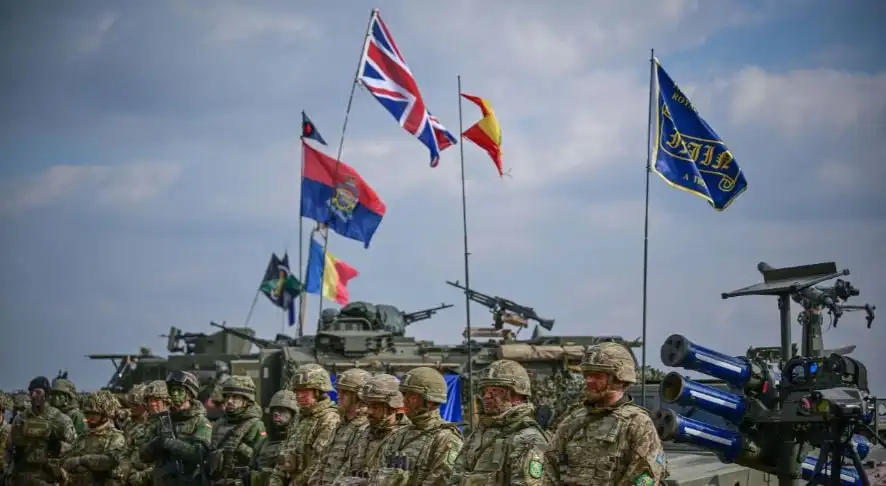






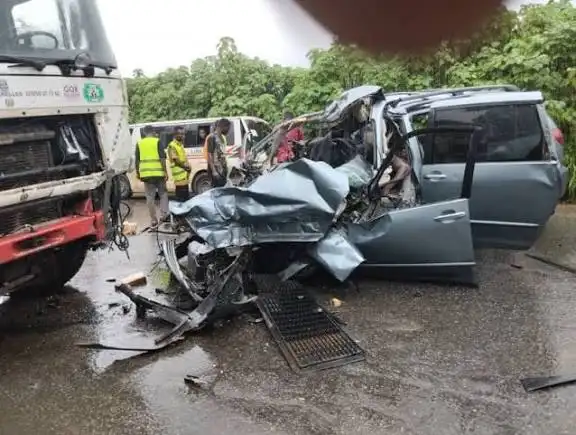
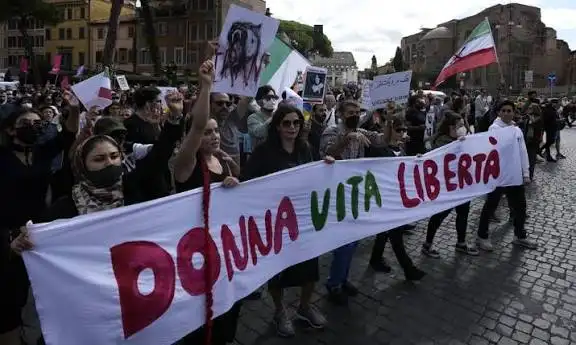
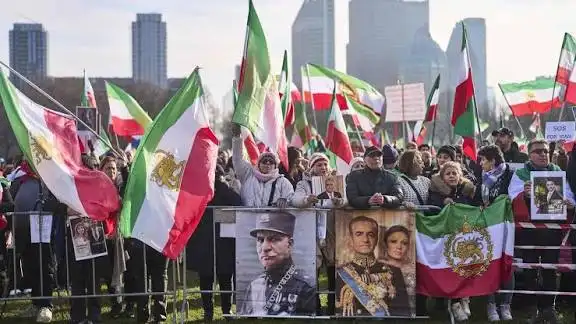
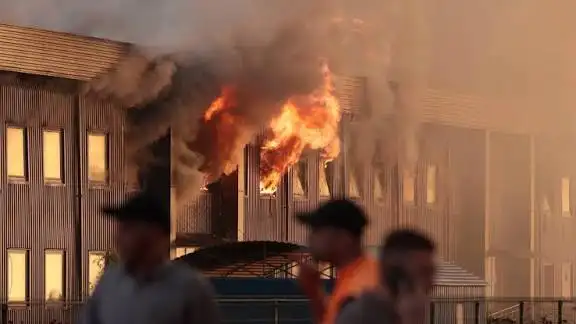
I think European nations should prioritize diplomatic solutions over military intervention in Ukraine. War only leads to more suffering.
I dont see why European nations wouldnt help Ukraine. Its a crisis that affects everyone. Solidarity is key here!
I dont think European nations will actually deploy forces to Ukraine. Its a complex situation with many factors at play.
I dont see why European nations wouldnt step in to help Ukraine. Its a matter of humanity, not just politics.